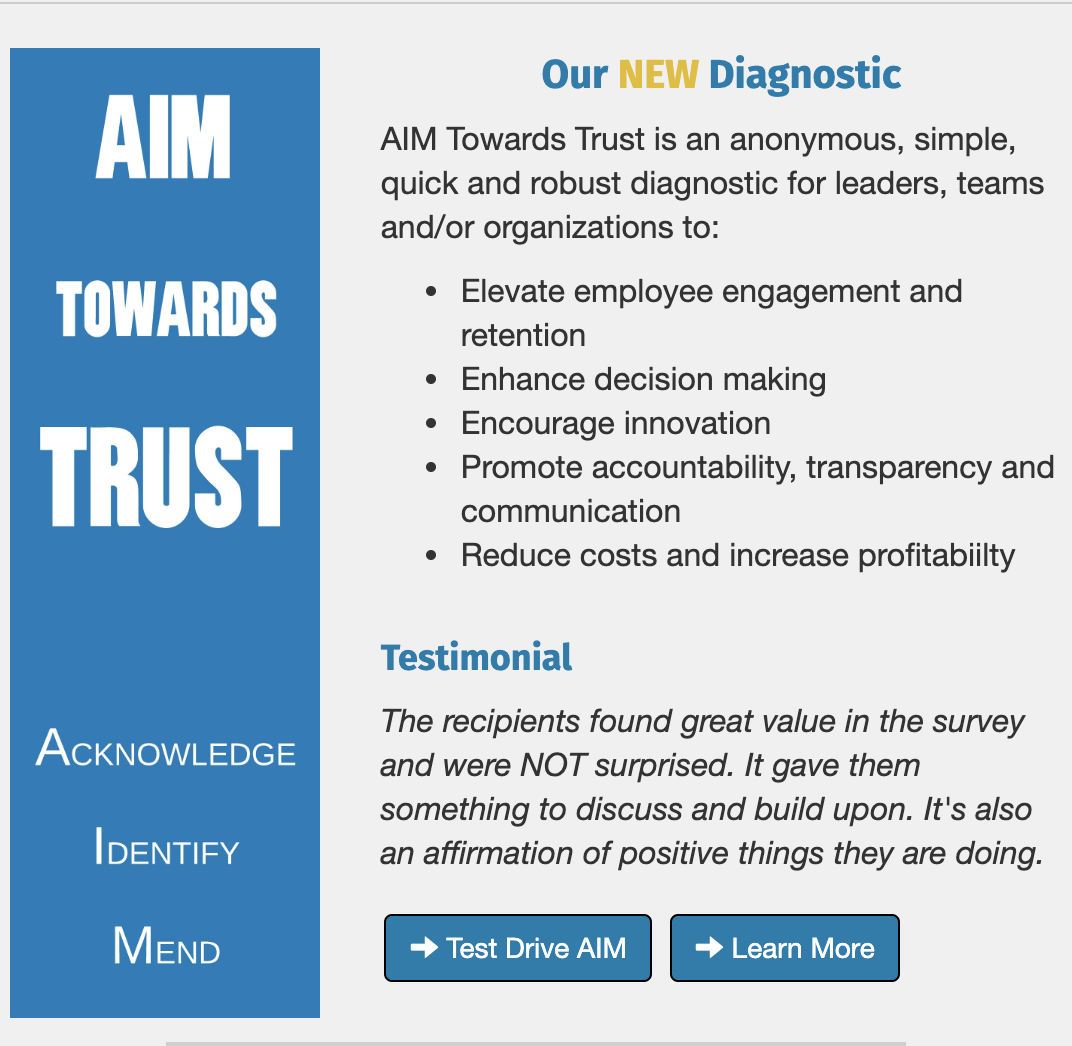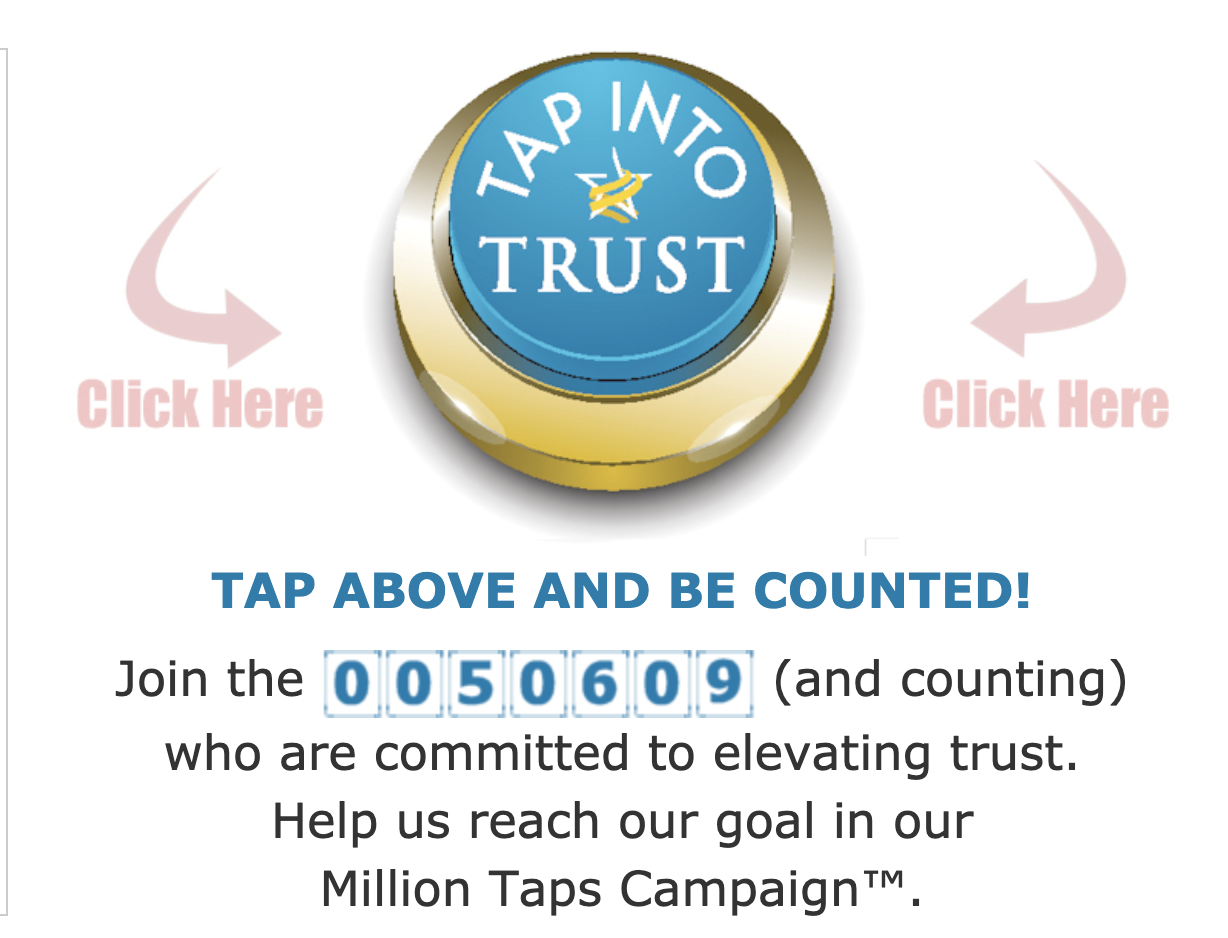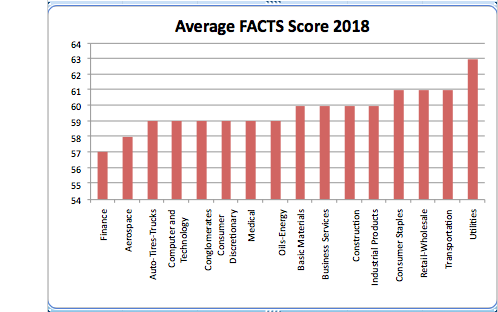 When leaders bust trust, employees play all sorts of games, and I don’t mean the video or tennis variety.
When leaders bust trust, employees play all sorts of games, and I don’t mean the video or tennis variety.
In my first post-college job, the “leaders” were intolerable jerks.
They defaulted into leadership by being company founders. One couldn’t keep his eyes (or his hands) to himself, while the other was insecure, abusive and lazy. Both thought nothing of lying to employees or clients. They also believed that if they threw enough money at their employees, they would earn their loyalty and respect. These two were a good match until one outsmarted the other and the partnership dissolved.
The office manager (also the head of HR and everything else) took care of all the “soft stuff.”
The problem was she also lacked leadership skills. She played favorites, made dumb rules and ultimately had no say in the owner’s decisions.
“Game playing” became the office norm. Among the games:
- Four day weekends
- The hour-long lunch break was always taken, plus a few more
- The water cooler was the most popular gathering spot
- Friday couldn’t come fast enough
- 9AM turned into 9:30 and 4:30 became the new 5PM
- Minimal effort was exerted. Through observation, I once calculated that the average employee spent less than 3 hours each day productively working.
- Many employees treated their clients the same way they were treated
- Turnover was very high and people quit without notice
- Employees spent hours on personal phone calls
- Loyalty was nonexistent, and employees often left their jobs to work for clients (including me.)
Any of the above sound familiar? What, other than more regulation, has changed in workplaces over the past 20 years?
Employees take their cues from their leader. Leaders who want to avoid game playing in their organization must not only be trustworthy but also make elevating internal trust their first priority.
For more information on elevating trust in your team or organization please visit our website and read more about our diagnostic AIM Towards Trust, now being used in companies worldwide.
For inquiries contact:
Barbara Brooks Kimmel, CEO and Cofounder
barbara@trustacrossamerica.com
Copyright 2019, Next Decade, Inc.





Recent Comments